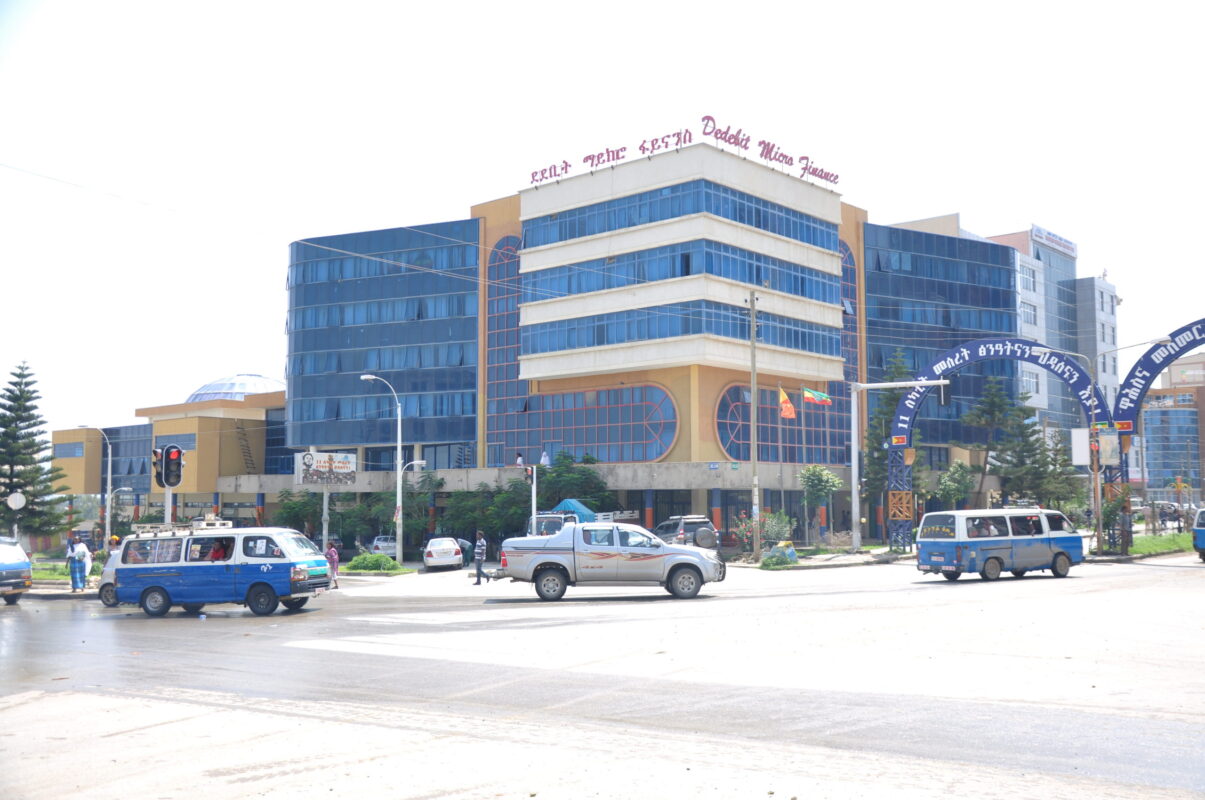


Dedebit Saving and Credit Institution(DECSI-Microfinance) was established in 1993 (1986 E.C.) and become operational in March 8, 1994 aiming to provide microfinance services to the most needy, underprivileged, marginalized and highly impoverished part of the people in Tigray. Until DECSI conducted need assessment study, it was operating as a rural credit scheme akin to other rehabilitation activities. To commence DECSI in a reasonable and scientific way, a study was conducted by a group of experts from the Relief Society of Tigray (REST), the local NGO and mother of DECSI, to find out the people’s socioeconomic status.
To enhance the research methodology, an experience from similar countries in Asia such as India, Bangladesh and Latin American countries, like Ecuador has been incorporated. At that time nearly 89% of the people in Tigray was depends on food aid due to the long years of civil war, repeated droughts and conflicts. The research so revealed that most of the people’s life standard was suffered from chronic severs socioeconomic hardships and challenges. To reduce these socioeconomic shock and disturbing public status and also to reach the poor with lifesaving financial service options, an establishment of solid financial institution was highly recommended. To do so, DECSI was established.
After giving three years rural credit scheme services in the rural areas within REST, DECSI in 1997 (1989 E.C.) promoted into a shareholding company, following the microfinance institutions legal entities in Ethiopia. Then after, DECSI is known as a legal share holder company.
DECSI’s all-round efforts are necessarily effective in addressing the financial demands of the Tigray people by designing different credit and saving packages. The most common credit services and package categories are: